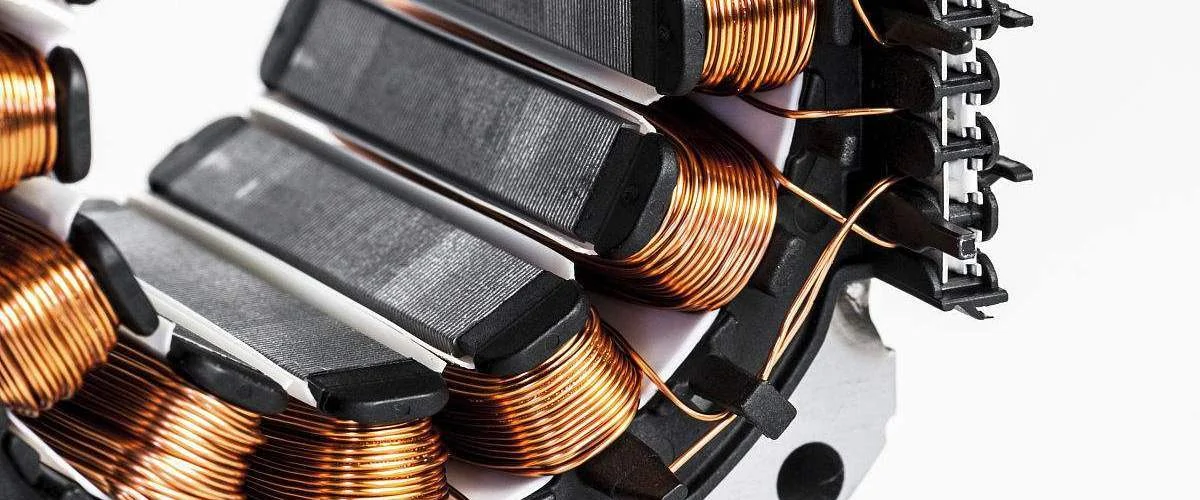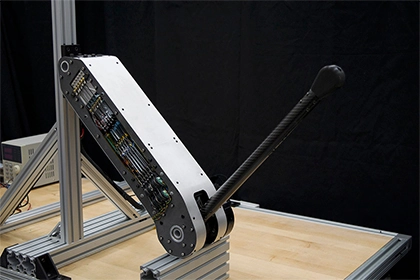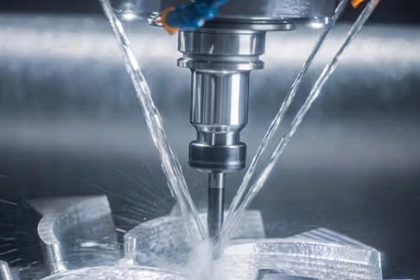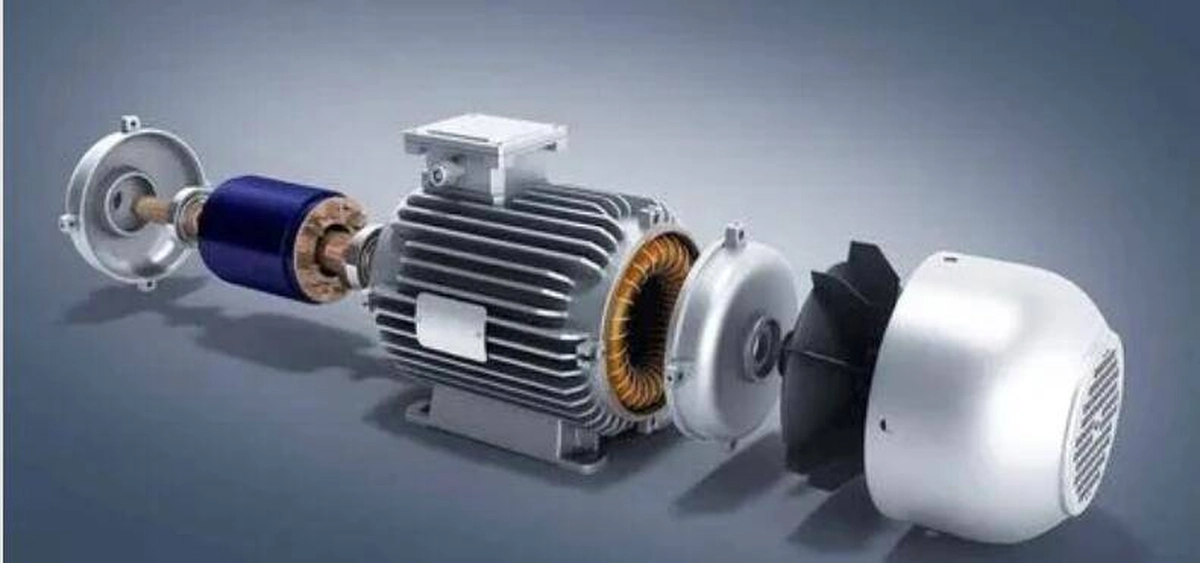- +86 19149417743
- Zhengzhou, Henan Province, China
- Mon-fri: 8am - 7pm
Get a quote

In the realm of electrical engineering, AC (alternating current) motors play a pivotal role in a wide array of applications. These versatile motors are known for their efficiency, reliability, and adaptability, making them indispensable in numerous industries. In this article, we will delve into the various applications and advantages of AC motors, shedding light on their significance in modern technology.
AC motors find extensive use in industrial settings due to their robust performance and ability to handle heavy loads. Let's explore some key applications:
In manufacturing plants, AC motors power conveyor belts, pumps, compressors, and other machinery essential for production processes. Their consistent torque delivery and speed control make them ideal for driving various equipment on factory floors.
Heating, ventilation, and air conditioning (HVAC) systems rely on AC motors to operate fans, blowers, and pumps. The ability of AC motors to start and stop smoothly, along with their energy efficiency, contributes to the effective functioning of HVAC systems in commercial and residential buildings.
AC motors play a crucial role in water treatment facilities by powering pumps that move water through treatment processes. The reliability and durability of AC motors make them well-suited for continuous operation in demanding environments.
Apart from industrial settings, AC motors are widely used in commercial applications for various purposes:
In supermarkets and grocery stores, AC motors drive refrigeration units and freezers, maintaining optimal temperatures for storing perishable goods. The ability of AC motors to operate efficiently over extended periods is vital for preserving food items.
The smooth and controlled motion provided by AC motors is essential for the safe operation of elevators and escalators in commercial buildings. These motors ensure precise movement and reliable performance in vertical transportation systems.
In restaurants and commercial kitchens, AC motors power appliances such as mixers, grinders, and exhaust fans. Their ability to deliver consistent power output and adjust speed as needed contributes to the efficient operation of kitchen equipment.
With the growing emphasis on renewable energy sources, AC motors play a significant role in various sustainable applications:
AC motors are used in wind turbines to convert wind energy into electricity. These motors drive the turbine blades to capture wind power efficiently, contributing to the generation of clean, renewable energy.
In solar energy systems, AC motors are employed in solar tracking mechanisms that orient solar panels to maximize sunlight exposure. This improves energy output and enhances the efficiency of solar power generation.
AC motors are widely used in industrial and domestic applications. Their reliability, efficiency, and adaptability make them an essential part of industrial production, transportation, household appliances, and office equipment, and they are closely related to our daily lives.
 2024-08-30 16:01:40
Engineering
2024-08-30 16:01:40
Engineering
 2024-07-26 14:09:13
Engineering
2024-07-26 14:09:13
Engineering
 2024-07-18 09:42:00
Engineering
2024-07-18 09:42:00
Engineering